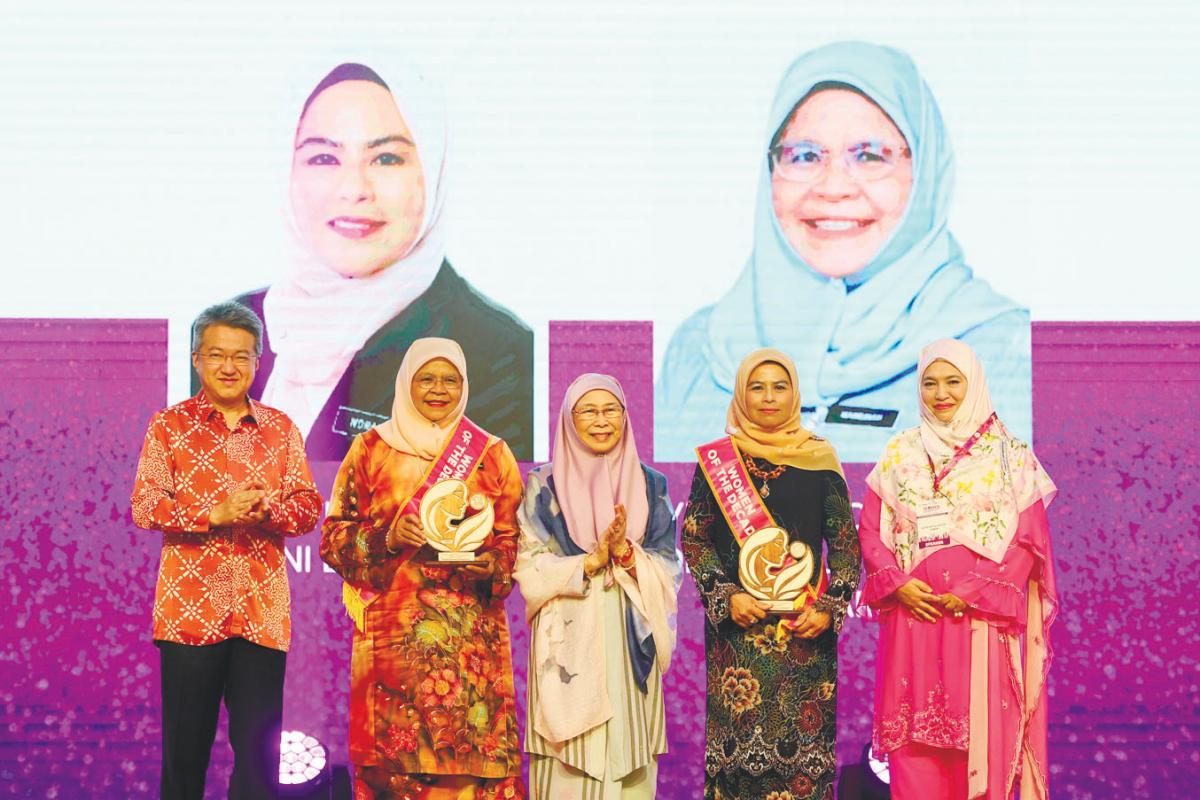KUALA LUMPUR: Malaysia and other Asean member countries should collectively establish a minimum wage standard to prevent the bloc from undercutting one another with lower salaries.
“It is important that Malaysia and Asean economies collectively set a floor to ensure there is no race-to-the-bottom in wage suppression as women will be most hurt,“ Investment, Trade and Industry Deputy Minister Liew Chin Tong said in his speech at the Women Economic Forum Asean 2025 today.
He pointed out that the theme for Malaysia’s Asean chairmanship in 2025 is “Inclusivity and Sustainability”, reflecting its commitment to ensuring shared progress and prosperity across the region, leaving no one behind as it aims to achieve stability and resilience.
Liew said Malaysia’s female labour participation rate remains low at 56%, compared to 82.9% for men, which is lower than many of the Southeast Asian economies.
He said the Malaysian economy has been depending on unskilled and cheap foreign labour for the last three decades, which has kept wages low and made businesses less likely to hire women. “If there are too many foreign workers, the salaries will be lower, and it will no longer be attractive to women entering the formal sector. That is a challenge that we have to deal with as a nation.”
Liew said the nation needs more skilled workers and a higher wage level to attract more women into the formal labour market. “A tight labour market will encourage employers to pay more attention to making it more attractive for women to join the workforce.”
Liew highlighted that 65% of Malaysian public university students are women, indicating a higher enrolment rate of women compared to men. “However, the balance changes upon these graduates entering the workforce.”
Therefore, Liew called for stronger support systems to help women remain in the workforce over the long term.
“We need to have a stronger childcare, aged care and overall healthcare structure to support women in the workforce. We need a strong care economy.”
Liew also said Malaysia is an example of high women’s participation in economic decision-making at the higher level, but a low overall female labour participation rate.
In Malaysia, women account for 58% of the civil service, and 42% of senior positions (JUSA/Super Scale C and above), a figure Liew described as “quite high among developing countries”.
Liew said 69% of staff are women within the Ministry of Investment, Trade and Industry.
He added that Malaysia mandates 30% female representation on public-listed company boards since 2023, with high compliance so far.
The Women Economic Forum Asean 2025, organised by Yayasan Bina Kesejahteraan with the support of Miti was graced by Datuk Seri Dr Wan Azizah Wan Ismail, wife of the prime minister, and Kuala Lumpur Mayor Datuk Seri Dr Maimunah Mohd Shariff.









